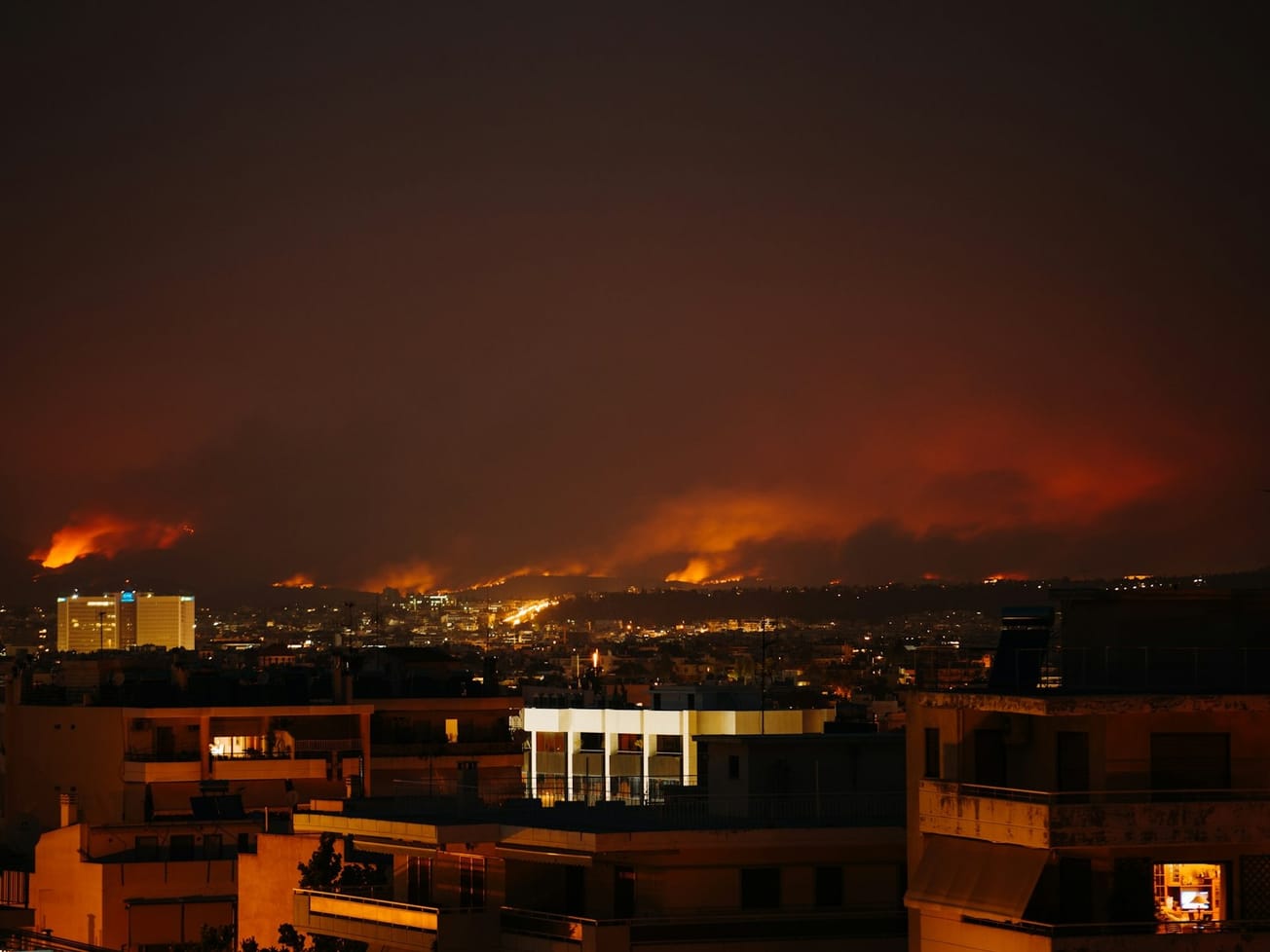In widely anticipated moves, incoming U.S. President Donald Trump swiftly moved to withdraw the United States from the 2015 Paris Agreement and the World Health Organization – dealing serious setbacks to the fights against global warming and infectious disease outbreaks.
Trump spent Inauguration Day signing as many as 100 executive orders within hours of taking office on Monday.







